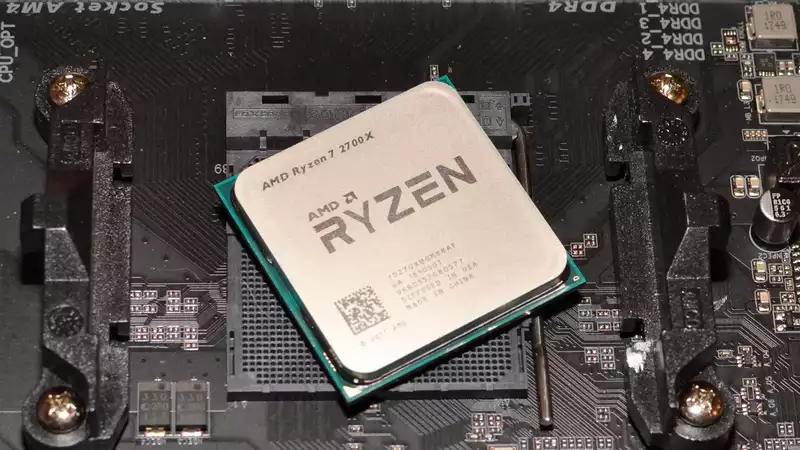AMD has discontinued support for StoreMI technology, a drive caching technology that was offered free of charge for 400 series motherboards. Support actually ended on March 31, and the tool can no longer be downloaded from AMD's website. If you have already downloaded it, you can (obviously) continue to use it, but AMD will no longer provide technical or end-user support. At the very least, a replacement product will be offered.
"AMD will focus its internal development resources on a replacement solution with a re-architected feature set, to be released in Q2 2020. AMD stated in its Product Change Advisory. [Those looking for a storage acceleration solution after March 31, 2020 should wait for AMD's new solution or look for an alternative solution such as the Enmotus FuzeDrive Enmotus has worked with AMD to develop StoreMI developed by Enmotus in cooperation with AMD.
This page on the Enmotus site shows that they are offering free technical support to AMD users of StoreMI until May 15.
I built a system to coincide with the release of AMD's Zen+ CPUs when StoreMI was introduced against Intel's Optane caching system a few years ago, and it worked well: by combining the performance of SSDs with the capacity of traditional hard disk drives you get a lot of fast storage. It takes a while for the cache to start working, but once it does, it seems to live up to its promise.
However, this is a tiered caching system, and there are pitfalls - it puts more load on the SSD than usual and does not work very well if you use a lot of different apps.) The free version was limited to a maximum of 256 GB SSD. Nevertheless, this is not a problem for everyday use where the same apps are used over and over again.
The problem is that SSD prices continue to drop. This means that higher capacity SSDs are now available at affordable prices; when I built a system with a Ryzen 5 2600 in May 2018, I used a $110 250GB M.2 PCIe SSD and a $44 1TB hard drive. Of course, improvements can be made by using faster, larger drives, but in practice, the vast majority don't need to.


Comments